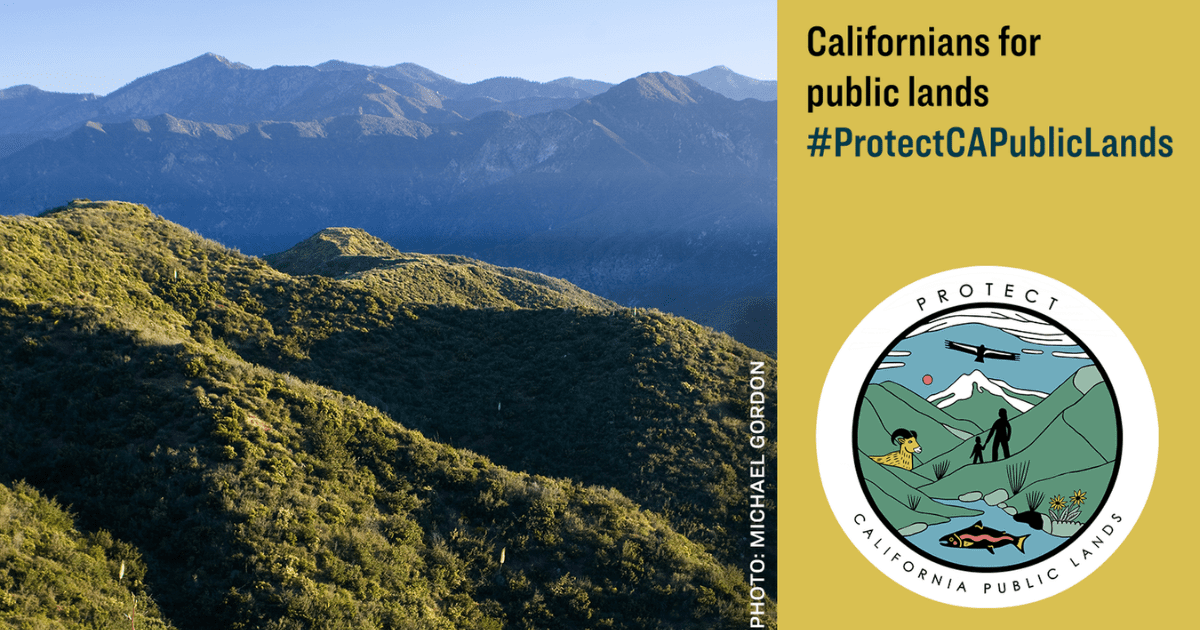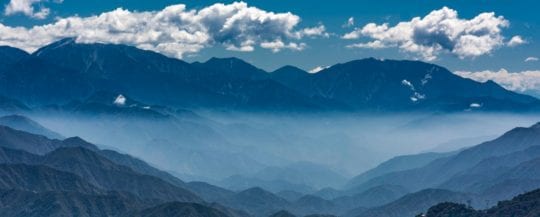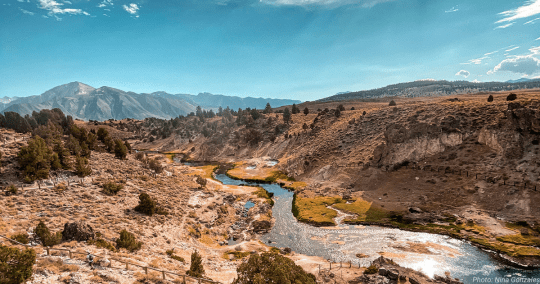California Senator Alex Padilla Introduces the CA Public Lands Act
 by Analise Rivero, CalTrout Policy Associate
by Analise Rivero, CalTrout Policy Associate
Protecting Unique and Beautiful Landscapes by Investing in California (PUBLIC Lands Act)
CalTrout is thrilled to see that California’s newest Senator is a public lands champion. On May 3, Senator Alex Padilla announced the introduction of the Protecting Unique and Beautiful Landscapes by Investing in California (PUBLIC) Lands Act, which is complementary to the Protecting America’s Wilderness and Public Lands Act passed by the House of Representatives in February (from Representatives Huffman, Carbajal and Chu).
Co-sponsored by Senator Feinstein, the PUBLIC Lands Act would protect and increase access to over 1 million acres of public lands and more than 500 miles of rivers throughout California. Specifically, the bill will designate 424 miles of new Wild and Scenic Rivers and require management plans for an additional 101 miles of existing Wild and Scenic rivers to help ensure these watersheds continue to safeguard endangered salmon and steelhead populations, recreational opportunities, and drinking water for downstream communities.
CalTrout is excited to support this monumental legislation, not only for its protection of critical lands and waters but also for its emphasis on improving equitable access to the outdoors.
At the bill introduction press conference, Senator Padilla said, “Our public lands are one of our state’s greatest gifts – from the San Gabriel Mountains, to the Central Coast, and through Northwestern California’s forests and rivers. It is incumbent upon us to be thoughtful stewards of these special places so that our communities can enjoy them and benefit from America’s natural resources for generations to come and we must do so in a way that reverses racial and economic disparities in access to nature and parks. Some of the protected land in this bill serves densely populated areas of the state that don’t have equal access to nature, which will help rebalance this historic disparity in access to untouched wilderness.”
For example, the PUBLIC Lands Act safeguards places in the San Gabriel Mountains, which provide over 10 million Los Angeles County residents with more than 70% of their open space. It will also protect public lands and rivers near cities along the Central Coast, such as Santa Maria, and Fillmore, which have limited park access. For example, in Northwest California, it authorizes the creation of over 295 miles of new trails, including in rural areas, which will improve access to quality outdoor recreation experiences for all.
Protect 30% of our Lands and Waters by 2030
Further, this legislation will help achieve the goals in Governor Newsom and President Biden’s Executive Orders to protect 30% of our lands and waters by 2030 (an effort known as 30×30). California is currently in the process of putting together a statewide plan on how to implement and achieve this 30×30 goal.
The California Natural Resources Agency (CNRA) is soliciting feedback from all stakeholders around the state including the fishing community, outdoor access and environmental justice advocates, farmers, ranchers, and more. Although CNRA’s regional workshops on 30×30 have passed, there will still be additional opportunities to learn more and provide input.
This summer, CNRA will host additional virtual workshops around specific topics, rather than regions. These topics will range from ‘Equity’ to ‘Defining Conservation.’ Keep an eye on CNRA’s dedicated 30×30 website: www.californianature.ca.gov to see when these topical workshops are scheduled.
We encourage you to submit your feedback, attend these workshops and make sure to uplift the importance and value of California’s precious freshwater ecosystems.







